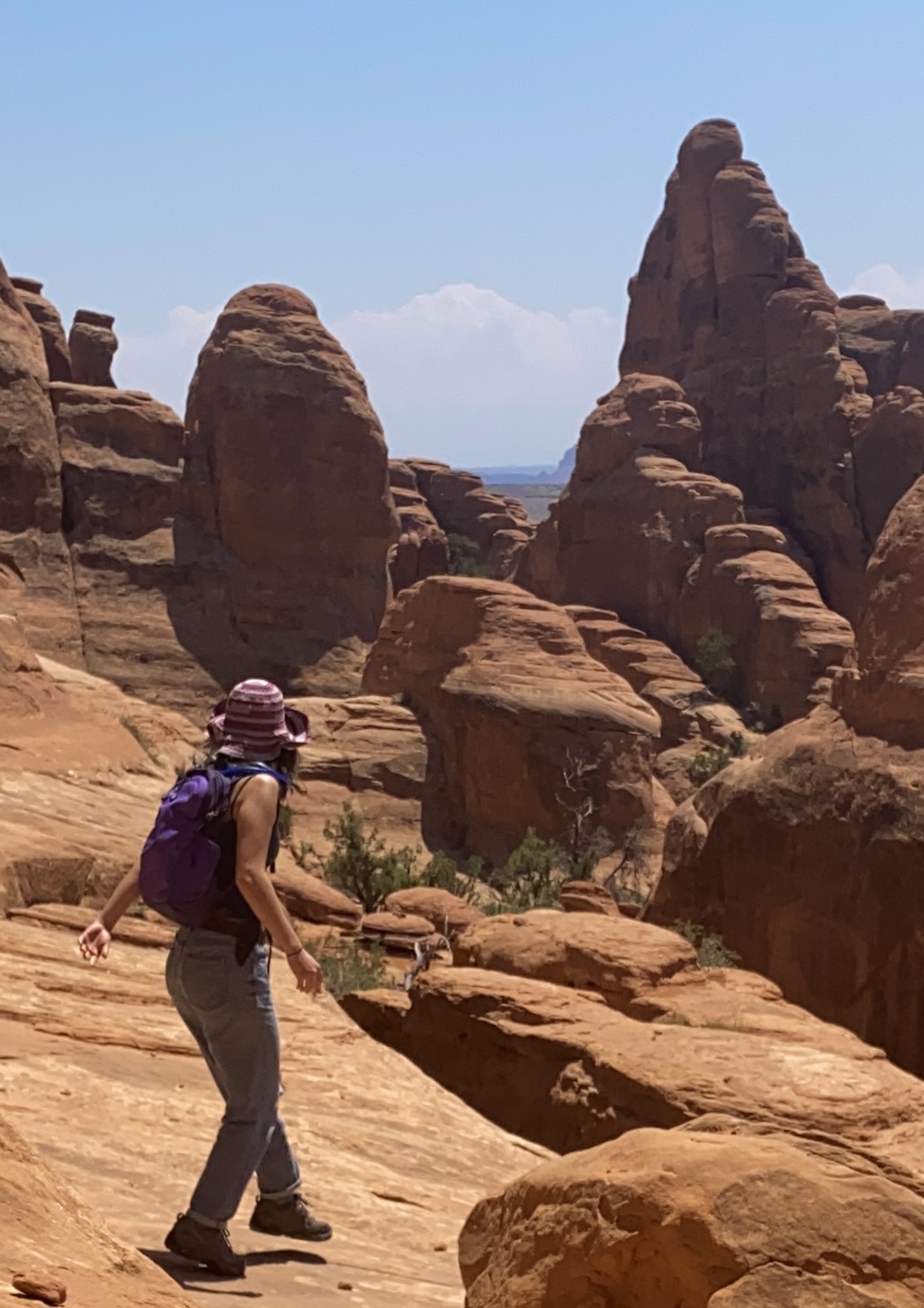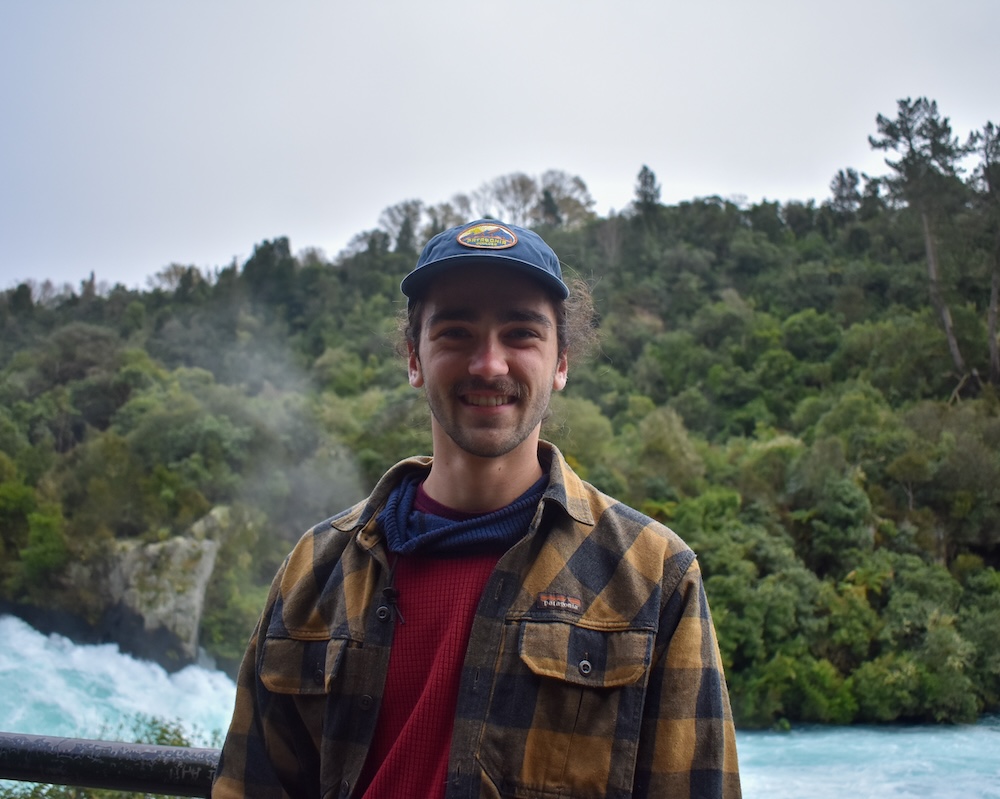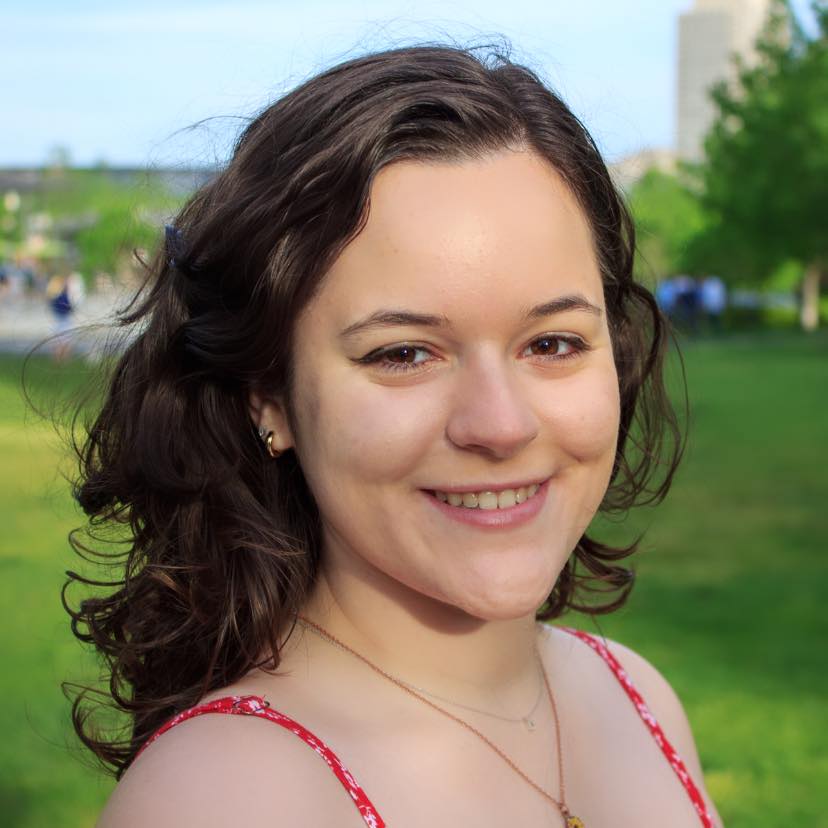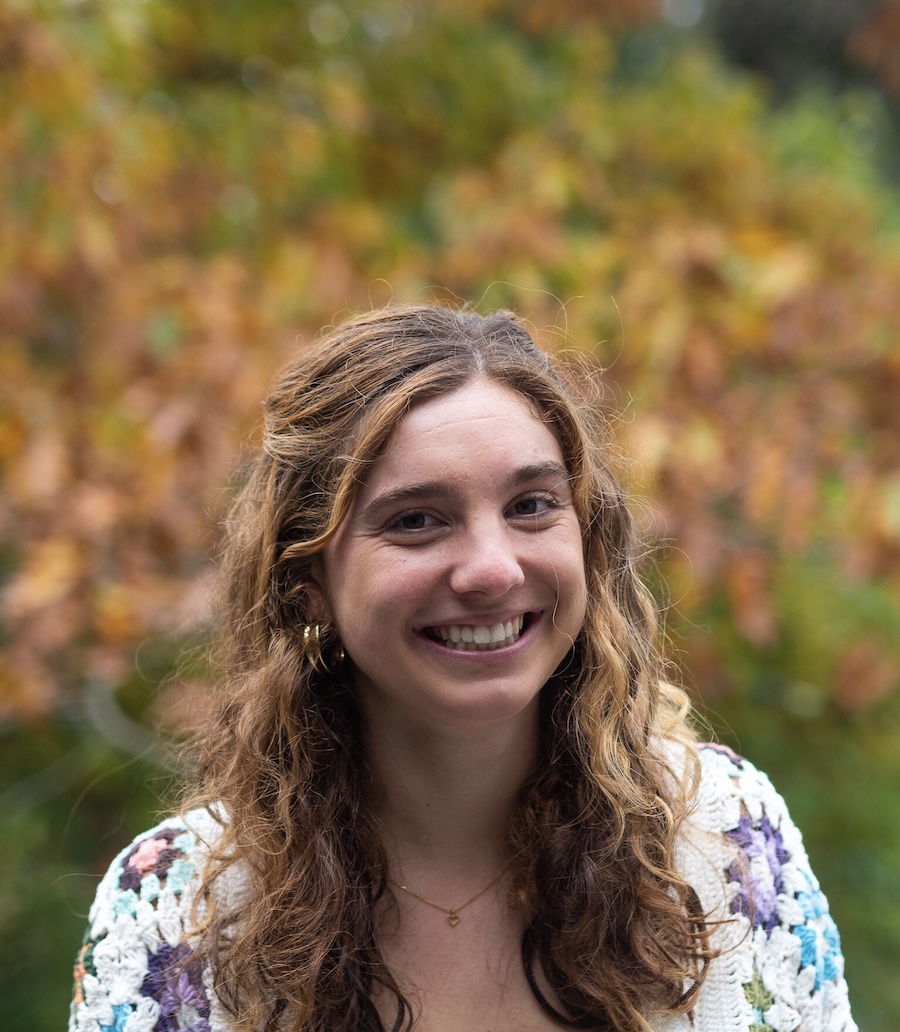Students pursuing Honors projects follow a rigorous schedule in their senior year. All deadlines for the submission of work in the senior year are required.
During the first week of Fall classes, submit your Honors proposal to Department. (see How to Submit)
- September 5, 2025 - Honors Project proposals due by noon
The Department will meet before the end of Add/Drop period to decide which proposals will continue as Honors projects. The Department will also assign advisors and committee members for each Honors project.
Meet with your full committee to discuss your Honors proposal within the first month of the Fall semester. This meeting is to get feedback on the project, review the procedures for Honors, and develop a plan for advising. This meeting will be scheduled by the faculty advisor.
During Fall Reading Period, submit the drafts of two chapters to all members of the Honors Committee.
- December 15, 2025 - Drafts of two completed chapters due by noon Monday
These should be completed chapter drafts, not outlines or summaries. If possible, please include a brief table of contents.
The Honors Committee will meet to discuss the submitted chapters, usually without the Honors student. The advisor will convey feedback from the Committee by the end of exam period.
On the Thursday before Spring Break, submit a complete thesis to the Honors Committee.
- March 5, 2026 - Complete Honors Project thesis draft due by the end of the day (11:59 pm)
The thesis draft should be complete enough to allow the Honors Committee to evaluate the merits of the project, including logic, supporting data, and bibliography. If the student does not meet this deadline, the project will not proceed as an Honors project, and the advisor will convey this determination to the student.
The Honors Committee (or at minimum the advisor) will meet with the Honors student to share the Committee’s feedback and decision about whether the thesis draft demonstrates sufficient progress to continue as Honors in the first week after Spring Break.
Submit the final thesis to the Department Chair and Academic Department Coordinator about ten (calendar) days before the last day of classes (Spring).
- May 1, 2026 - Final Honors paper due by noon Friday
Honors Committee will evaluate the written thesis and communicate a recommendation to the Department Chair as to whether the thesis is defendable in the Honors Colloquium by the Friday before Reading Period.
Honors students present their theses in a Department Honors Colloquium usually during Reading Period.
All department faculty members read student honors theses and attend the Colloquium. After all student presentations, faculty members will discuss each thesis and the department as a whole will make a decision about whether Honors should be awarded and allocate prizes. Advisor communicates decision to student.



